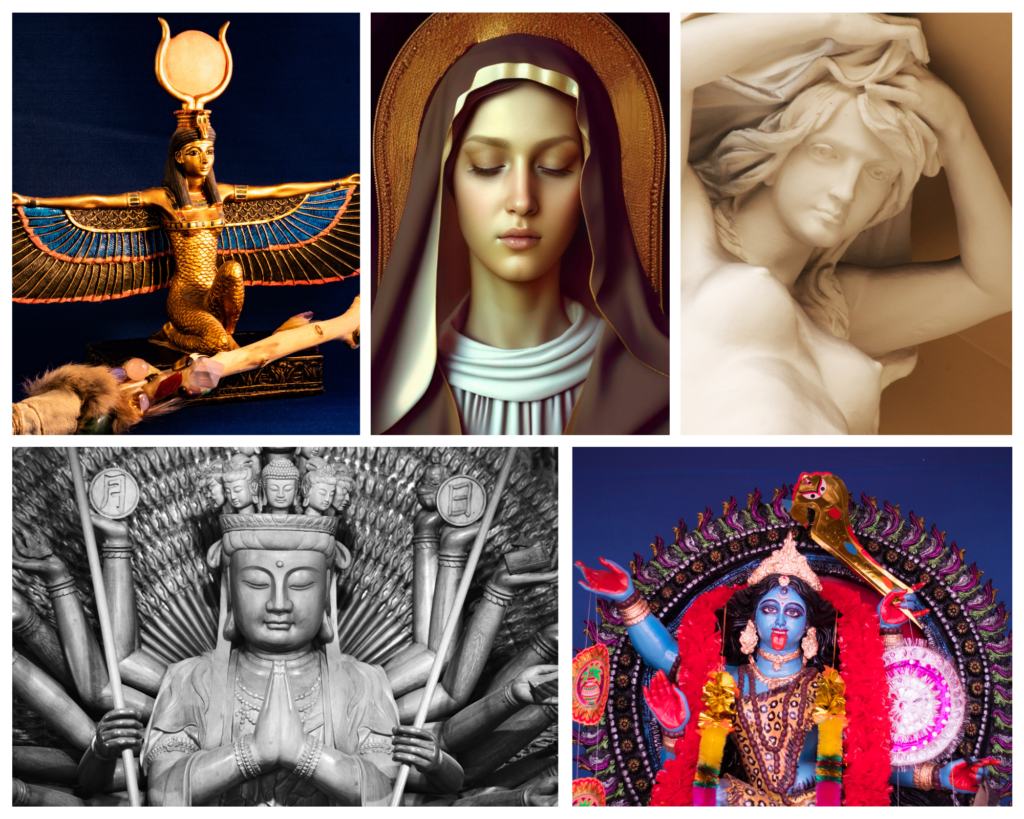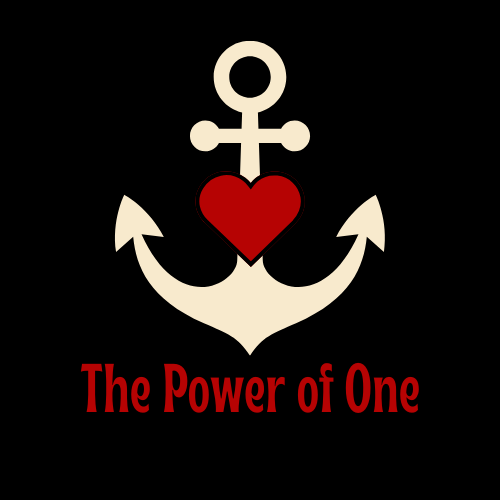
For the last five years (well, if you count my last two years of college, seven), I’ve been on a spiritual path. Destination: enlightenment. Or salvation, in Catholic terminology. And I was very confused for most of those years. This year, I have decided to take a different direction.
As I read the Gospels, I don’t see Jesus the only-begotten Son of God. I see Yeshua the anointed shaman, the mystic, a whole-hearted son of God pointing to the divine DNA in each of us. I see Yeshua my teacher, my friend, healer of my wounded heart.
While I do have a statue of the Buddha on my altar, and consider him a fellow of Yeshua and a teacher of mine, I have a special relationship with Yeshua. It’s his zest for living that draws me. I mean, his first miracle in the Gospel of John is turning water into wine. He was accused of gluttony and drunkenness by religious leaders. The man liked to eat and drink.
I also appreciate that he didn’t hang out with the “right” people. Yeshua hung out with fishermen, prostitutes, tax collectors (and if you know history, these were thugs), the poor and the rich, the so-called sinners and the religious authorities. He accepted everyone.
What keeps me coming back to him, though, is his healing ministry. This is the thing that first drew me, that Yeshua healed those who asked him for help. I love the Buddha, and the Buddha has his own medicine. But Yeshua’s medicine is saliva and mud slathered on a blind man’s eyes. It’s laying hands on lepers. It’s down and dirty. That’s more my style.
I have learned at Yeshua’s feet for the last several years. But something has been missing for me.
It’s the Divine Feminine.
Now, I’m perfectly aware that calling God “Father” is just a metaphor. But it’s a metaphor chosen by men and modeled on masculinity, not always healthy masculinity either. Increasingly, I’ve been addressing God as “Great Spirit” or “Creator,” to keep things gender-neutral. But the devotional aspect that I crave requires something more personal. Psychologically speaking, I still have need of a Divine Person.
And if the Divine makes Itself manifest in me, and I identify as woman, then why not address the Goddess in my prayers? Why not turn to the Divine Mother? I love what Danielle Prohom Olson has to say about this in her post on the Goddess and yoga. She says:
We’ve forgotten the word God is predicated on a paradigm of male superiority. And it stands in direct opposition to the fact that from the beginnings of the Paleolithic Age (25,000 BC ) to closing of the last Goddess temples in 500 AD, there existed religions across Europe, India and the Middle East, which honoured “The Great Mother of All” as supreme creator.
Danielle Prohom Olson, “Why I’m (still) a Feminist: The Goddess and Yoga”
To be clear, I don’t think God/Goddess is separate from me. The Great I Am lives within me, as me. I’m speaking of the psychological aspect of spirituality that seems to require a devotional outlet.
On Mother’s Day 2023, I had to be hospitalized for psychosis (again). But this time was different. I felt an overwhelming feminine energy, a rage-filled, grief-filled, powerful force overtake me. I sat in a circle with my mother and younger sister, a cup of chamomile tea nestled in the hollow of my criss-crossed legs, and sang. It was an ancient voice arising from me, one long-suppressed, the voice of the Woman crying for Her home and Her children.
During the episode, this energy (I really can’t say it was me) took a prayer my deeply Catholic friend had written about femininity, as well as a quite toxic prayer I had written about humility, tore them in half, and chewed one half in my mouth while gripping the other half in a crumpled ball. Clearly, She did not approve of these Catholic prayers.
My sister, in an attempt to calm me down, took me to the bathtub, which she’d filled, and I stepped in fully clothed, beating my chest and making faces like a Maori warrior (or Kali?), and growling. Once I sat in the tub, this profusion of words in another language came pouring out of me, and I was no longer Elena. It was Her. And She was wild.
I still speak Her language. I still sing Her songs. I still feel Her. I don’t know who She is. But I know She is Goddess.
I’ve been diagnosed with bipolar I. I have another theory on what’s been happening to me though. I think this wild energy, this Goddess inside me that appeared in May (appropriately on Mother’s Day), is begging me to embody Her, to feel Her, see Her, know Her. She’s not “nice,” but She is compassionate and wise. She is certainly not tame.
My theory is that in order to truly get well, I need to be in relationship with the Goddess. And so my spiritual experiment is to recover a feminine spirituality based on relating to the Goddess. This is a major risk, as my husband is a devout Catholic and so are some of my closest friends.
I plan to document this experiment here. I’m still exploring the spiritual basis of the ihidaya community I hope to build with The Power of One. I believe that if Christ is going to come in the form of a community, there needs to be a spiritual basis that heals and transforms those who come into contact with it.
The Christian tradition, though it has its gems, is rife with toxicity, misogyny being just one toxic element among many. For example, Catholic women are not allowed to be priests or a deacons on the basis of the fact that Jesus Christ was a man and Catholic clergy act in persona Christi (in the person of Christ) at the Mass. Now, if the Church made the argument that no black men could be priests, on the basis of the fact that Jesus wasn’t black, I’m sure there would be an uproar. And yet this frankly childish argument continues to bar women from the priesthood.
As I’ve said in other posts, Catholicism is a color on my palette. It’s not the end-all-be-all for me. But the tradition and its problems certainly gives me food for thought. My exploration of the Goddess is, I hope, the way that I get to reclaim my femininity from a patriarchal system and pave a road for future generations to walk toward healing themselves, their relationships, and the Earth.
So where does Yeshua fit into all this, my dear teacher and friend?
I believe he knew the Divine Feminine. I think he saw Her in his mother, in Mary Magdalene, and in every woman he met in his ministry. I think he had a sense of what I would call Divine Feminine values. It’s my observation that asceticism is a quite masculine way of approaching life: going without, self-deprivation, heroic feats of spiritual discipline. It’s very yang in quality.
But Yeshua didn’t do a whole lot of that. He did fast on his vision quest in the wilderness, but many times we see him eating and drinking with disreputable people, probably thoroughly enjoying himself. His compassion was all-embracing and emotional (he wept at Lazarus’s tomb). He had a companion, Mary Magdalene, his beloved in whom, I’m sure, He saw the Divine Feminine. Many times in the Gospels, he touches those who ask for healing and uses the things of the Earth (like mud) to do his healing work. His parables and stories often feature nature.
I think in his preaching he calls God his Father in order to connect with a quite patriarchal culture. But I don’t think that God to him was only masculine. I think he knew the Goddess, but the people weren’t ready for Her.
All of this is just my own theory, of course. Fundamentalists will most likely disagree with me and be scandalized by this blog. But I’m not writing for them. I’m writing for the people with eyes to see and ears to hear.
I’ll end this post with a prayer:
Hail Mary, full of grace, the Lord is with thee
Blessed art thou amongst women,
and blessed is the fruit of thy womb.
Holy Mary, Mother of God, pray for us,
now and at the hour of our death. Amen.
